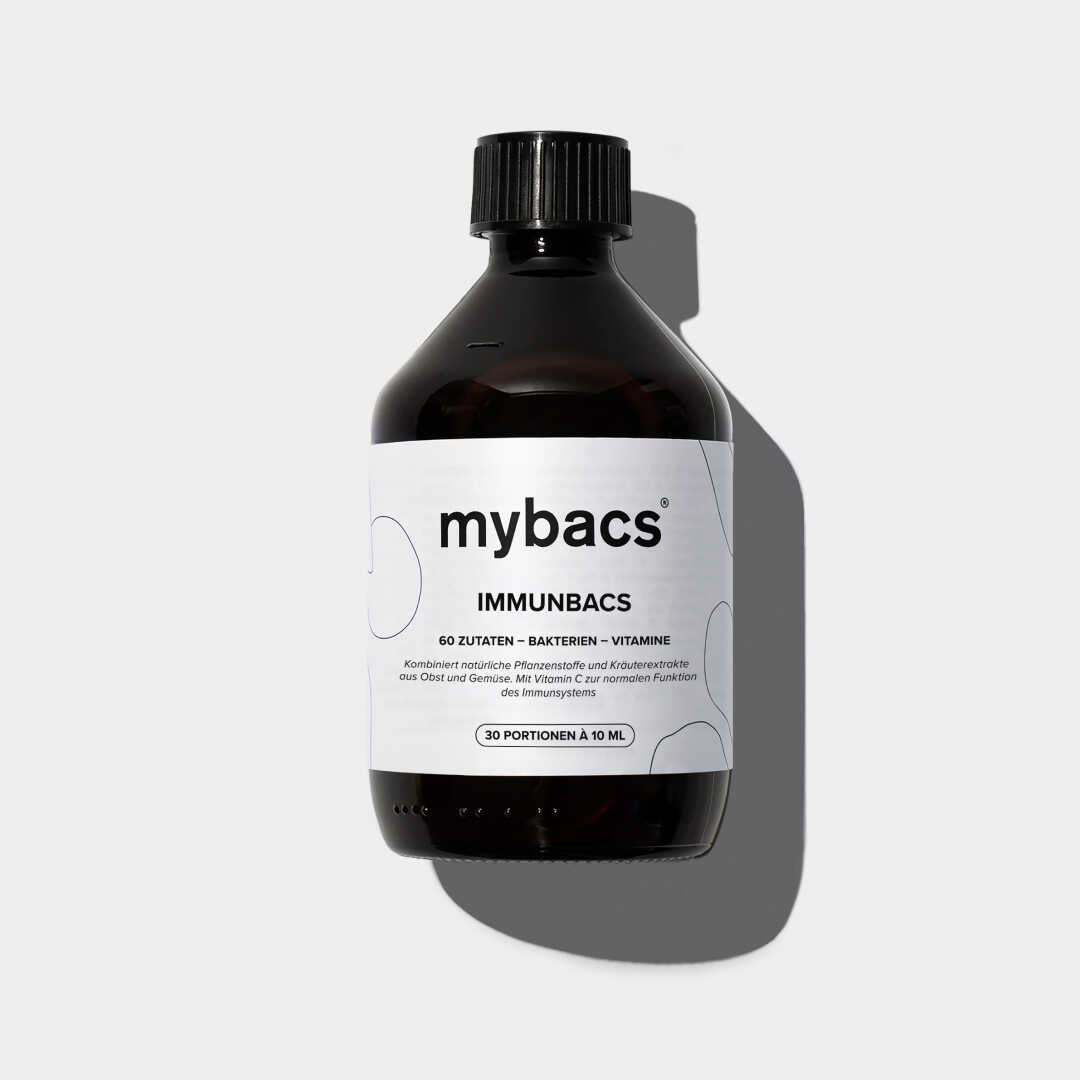However, gases in the intestines often form as a result of poor nutrition, especially through the consumption of fast food or the build-up of stress. Air in the intestines is absolutely normal and the unpleasant smell that can arise is not unusual. The smell comes from intestinal bacteria, which produce sulphurous gases when they break down food. The perception of flatulence is different for each person. Some are less sensitive, while others find even small amounts of air in the intestines disturbing.
As mentioned above, occasional, sporadic flatulence is nothing to worry about. However, this is not always the case, as flatulence can also be a symptom of illness. Gases in the intestines are produced during digestion, particularly when fiber or large amounts of carbohydrate and protein-containing foods are broken down. The microbes produce gases such as hydrogen, methane and carbon dioxide. Most of the gas is exhaled through the lungs, where it first enters the bloodstream. The rest, however, escapes through the intestines.
How do flatulences occur?
Flatulent foods:
For example, cabbage, pulses and onions can be the culprits when it comes to flatulence. In addition, fatty or sweet foods can also lead to unpleasant gas formation in the stomach. This is because the responsible digestive enzymes are not able to break down the nutrients properly. In this case, it is the bacteria's turn. When the bacteria become active, gas is produced.
Carbonated drinks, alcohol and coffee are also foods whose consumption can affect gas production in the intestines. A change in diet, for example to whole grains, can also be the cause of flatulence, because the digestive tract must first adjust to the unfamiliar food. The majority of the fiber contained in whole grain products is completely broken down by bacteria in the large intestine. This is where “waste products” are generated, so to speak, which can lead to bloating.
In addition, fast eaters are more likely to suffer from a bloated feeling, because those who eat more quickly also swallow far more air than those who eat moderately. This air collects in the intestines and shows itself in a bloated stomach. Chewing well and moderately is absolutely important and also brings with it a lot of other benefits!
Stress and anxiety are also factors that affect digestion and cause unpleasant symptoms such as flatulence. If an illness is predominant, it could be food allergies or intolerances , for example. We have listed the most common illnesses that can manifest themselves through flatulence here for you:
- irritable bowel syndrome
- milk sugar intolerance (lactose intolerance)
- gluten intolerance (celiac disease)
- food allergies
- dysbiosis of the intestinal flora
- pancreatic disease
- colon cancer (colorectal carcinoma)
- liver cirrhosis
- intestinal obstruction
For us, nothing is possible without a good approach! We will explain to you which home remedies you can use to combat flatulence.
- Caraway : This spice is considered an incredibly effective herbal treatment against unwanted gases in the digestive tract.
- Turmeric: Turmeric is also known to have a beneficial effect on digestive problems, especially when it comes to feeling full and bloated after eating.
- Tea: The ultimate mixture against flatulence consists of the following combination: 50 grams each of anise, fennel and caraway. Allow these ingredients to soak in hot water and let their wonders work.
- Warm wrap: Try using a little warmth. Heat helps relax the intestines and can therefore also counteract flatulence. A hot water bottle is ideal for this.
- Massage: A massage can also help. Massaging your stomach in a clockwise circle can definitely reduce tension and bloating.
When should I see a doctor?
There is no need to worry. Flatulence is very rarely caused by a serious illness. Nevertheless, you should pay attention to your body's signs. There are cases in which you should see a doctor as a precaution. These include:- Flatulence, which is accompanied by severe abdominal pain, vomiting and changes in bowel movements
- Flatulence, which occurs repeatedly in certain contexts
- Flatulence that lasts for a long period of time
Source:
https://www.netdoktor.de/symptome/blaehungen/





